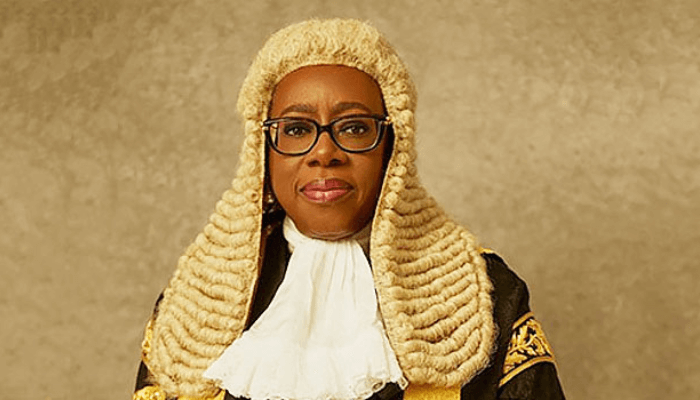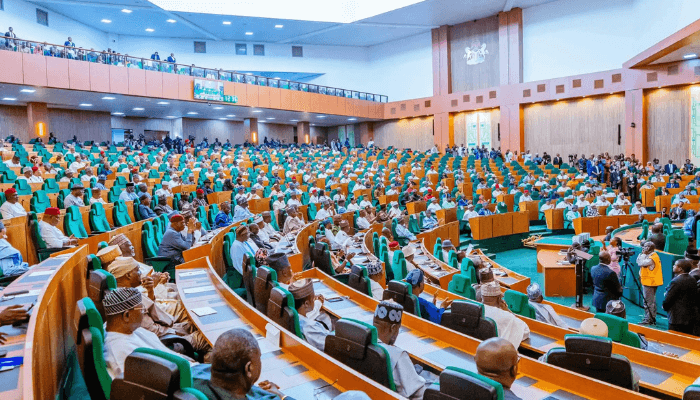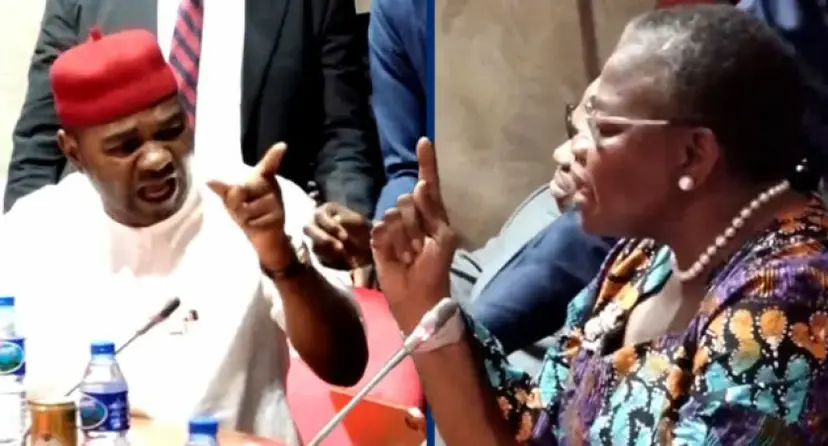The Peoples Democratic Party (PDP) has strongly opposed the declaration of a state of emergency in Rivers State, describing it as a political maneuver aimed at undermining democracy. The party insists that President Bola Tinubu lacks the constitutional authority to suspend the elected governor, Siminalayi Fubara, and replace him with an unelected official.
In a statement on Tuesday, PDP spokesperson Debo Ologunagba denounced the proclamation as a direct violation of the 1999 Constitution.
Ologunagba condemned Tinubu’s decision, calling it an unconstitutional overreach.
“The suspension of Governor Siminalayi Fubara and the appointment of Vice Admiral Ibokette Ibas (rtd) as an unelected replacement is a blatant attack on democracy,” he stated. “This action disregards the will of the people of Rivers State and undermines their constitutional right to choose their leaders.”
He further argued that Tinubu’s move was part of a broader scheme to seize control of the state through political coercion.
“This is the culmination of a well-orchestrated plot by the All Progressives Congress (APC) to destabilize Rivers State and erode democratic governance,” Ologunagba added.
Concerns Over Political Manipulation
The PDP alleged that the emergency rule is part of a larger strategy to instill fear across Nigeria, weaken opposition forces, and establish a one-party system. The party warned that such actions threaten the nation’s democratic foundation.
The statement also pointed out that Tinubu’s reliance on Section 305 of the 1999 Constitution does not grant him unilateral power to impose emergency rule without National Assembly approval.
“Section 305(2) explicitly states that after a state of emergency is proclaimed, the President must immediately transmit the details to the Senate President and the Speaker of the House of Representatives for review and approval. Tinubu’s declaration bypasses this crucial legal process,” Ologunagba emphasized.
The PDP urged all democratic institutions, civil society organizations, and Nigerians to reject what it called a dangerous precedent that could undermine constitutional governance across the country.




